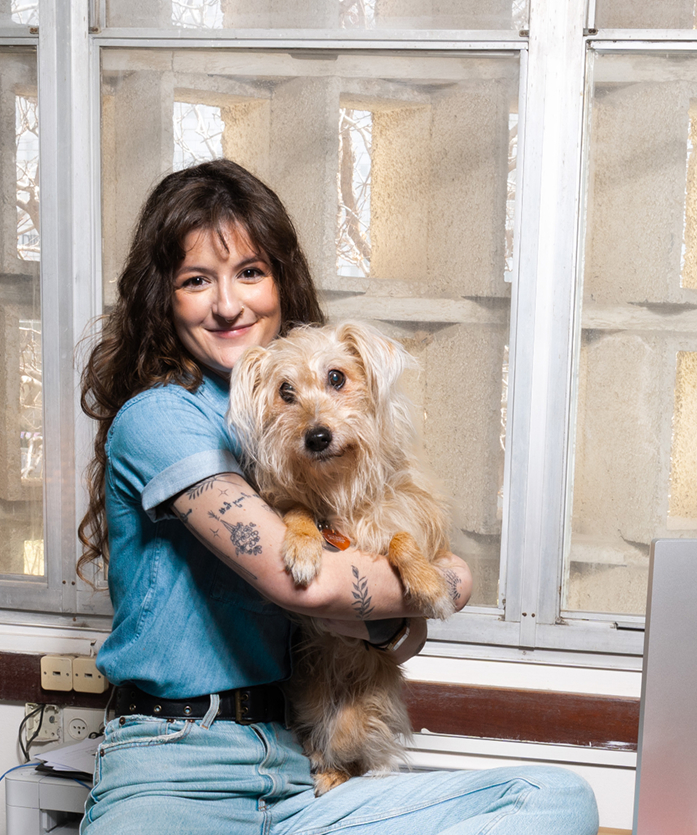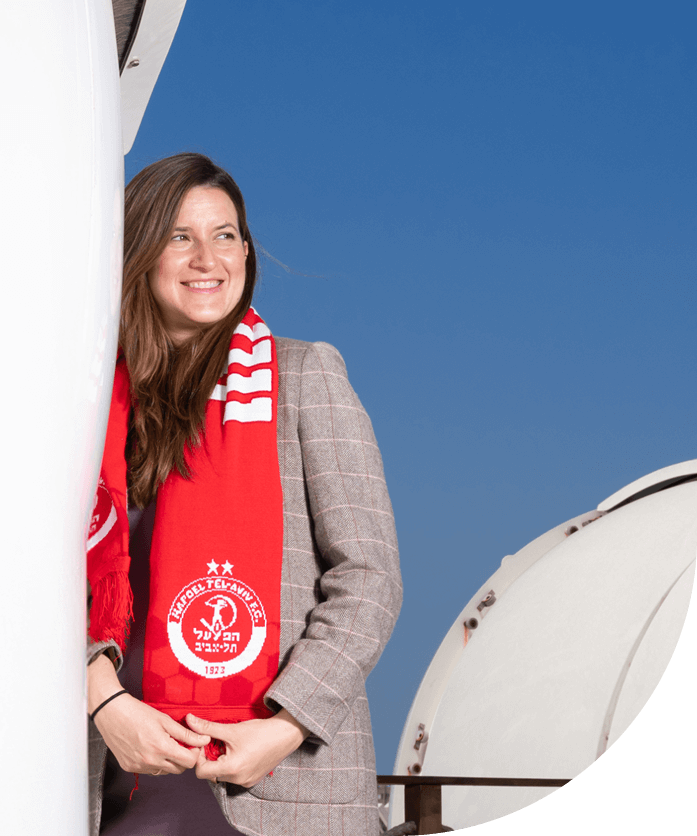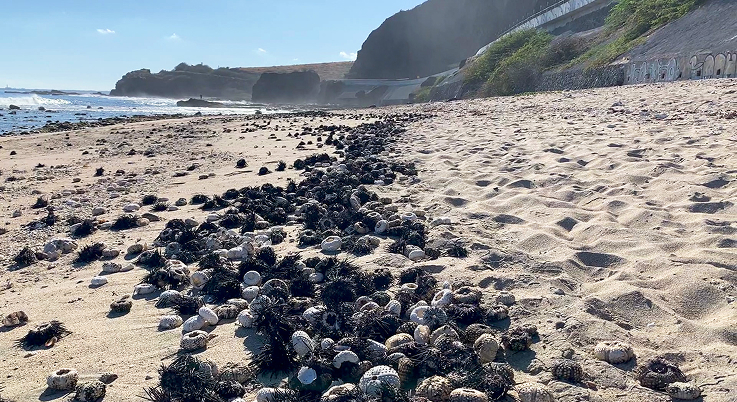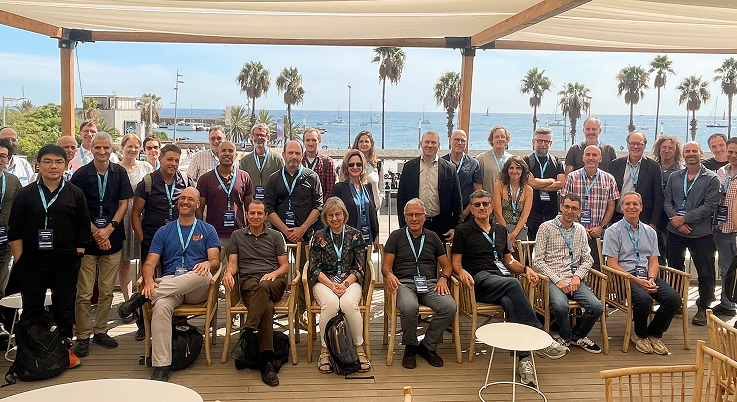Revealing Hidden Stories of Ancient Egypt
"The growing antisemitism, fear of my classes being boycotted, and the general anxiety around being openly Jewish and Israeli had a great impact on my experience abroad.”


Dr. Ella Karev (Humanities), who is fluent in Greek, Latin and several ancient Egyptian dialects, specializes in Egyptian history and texts on papyrus. Her research focuses on measuring and analyzing people’s physical characteristics and the phenomenon of slavery documented in texts of Late Period Egypt, with two published books on the topics. She has also published extensively on subjects such as slave names, self-sale into religious slavery, disabilities, skin color and racism. Dr. Karev believes that the ancient world has much to teach us about humanity and she is passionate about making it relevant to today.
A TAU alumna, she earned her PhD in Egyptology at the University of Chicago, then later joined a humanities research project in Italy.
Coming full circle, she is now a senior lecturer in the same TAU department where she was a student. “I was eager to come home – to Israel and to the University. I had been abroad for eight years and always felt like an outsider. The growing antisemitism, fear of my classes being boycotted, and the general anxiety around being openly Jewish and Israeli had a great impact on my experience abroad,” she explains.
Shedding Light on Dark Matter
“I chose TAU because its astrophysics group is world-class."


A TAU alumna, Dr. Shany Danieli (Exact Sciences) earned her PhD at Yale University and was a NASA Hubble Fellow at Princeton University and Institute for Advanced Study before joining the campus ranks as an observational astrophysicist. She studies galaxies to uncover key physical processes shaping the universe. Specifically, she focuses on faint and low-mass galaxies, which are challenging to detect, observe, and study, to learn what they can reveal about dark matter – “one of the biggest riddles in cosmology,” she notes. Dr. Danieli has been working with major telescopes in Hawaii, Chile, New Mexico, California, and even in space. Her discoveries have earned her prestigious awards, including the Azrieli Fellowship for Early-Career Faculty.
“I received a few job offers from US and Israeli universities,” she says, “but I chose TAU because its astrophysics group is world-class, with a unique diversity of research topics and a vibrant community of top-notch colleagues.”
Ocean’s Silent Killer: Global Sea Urchin Plague
An international research team led by Dr. Omri Bronstein (Life Sciences) from the School of Zoology and the Steinhardt Museum of Natural History has identified the deadly pathogen causing mass sea urchin die-offs in the Red Sea and off Réunion Island in the Indian Ocean. This highly aggressive waterborne parasite threatens to spread further, potentially reaching the Pacific Ocean. Given sea urchins' vital role in maintaining coral reef health, researchers are launching a global effort to track the disease and protect these key marine creatures. The study was published in Ecology and Current Biology and was featured on the cover of Royal Society Open Science, highlighting the urgent need for conservation action against what Dr. Bronstein is calling an ecological disaster.

Bioinformatics Experts, Unite!
The 6th Annual Workshop, pictured, of the Koret-UC Berkeley-TAU Initiative in Computational Biology and Bioinformatics was held at the Center for Regulatory Genomics (CRG) in Barcelona. A collaboration between UC Berkeley, TAU’s Edmond J. Safra Center for Bioinformatics and CRG, the event focused on advancing computational biology for societal and public health benefits. Co-organized by 2017 Kadar Family Award winner Prof. Ron Shamir (Exact Sciences) and international colleagues, the workshop gathered 43 researchers from Europe, the US and partner institutions for lectures, discussions and networking.

Advancing Global Fitness with Science
Prof. Mickey Scheinowitz (Engineering), a former director of the Sylvan Adams Sports Science Institute, is leading an initiative to combat physical inactivity as part of the WHO’s "Global Action Plan on Physical Activity." He collaborates with colleagues from the University of West Indies, Jamaica, under the leadership of the International Olympic Committee. The initiative includes developing and marketing an online course for key opinion leaders in sports and health worldwide. Prof. Scheinowitz recently participated in the first workshop, held in Jamaica, and the second, held in Kenya, alongside experts from WHO, IOC, and academia to advance this critical effort.
